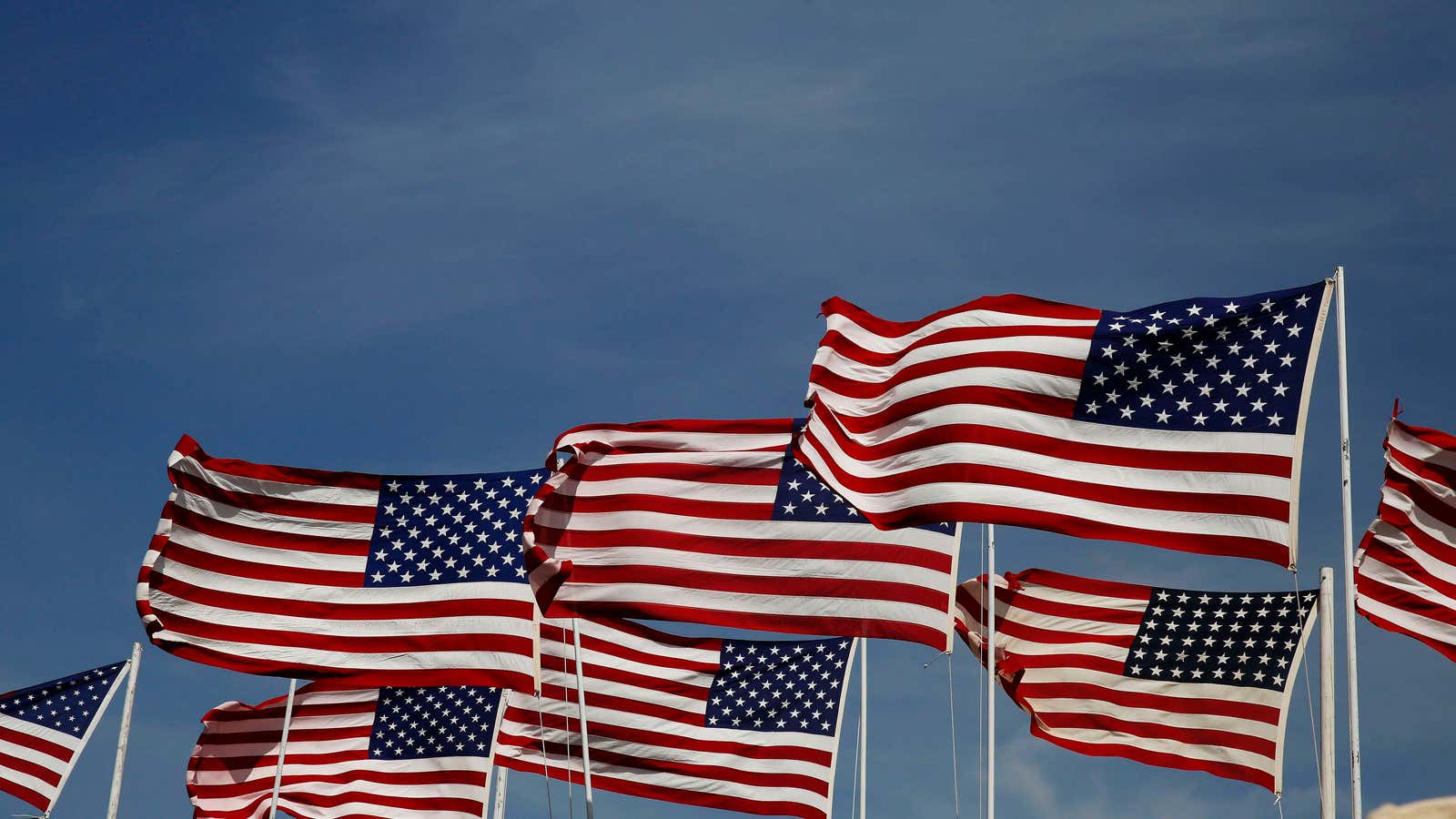The United Nations Human Rights Council is in the midst of a three-week meeting in New York, and sparks are flying between the US and China. After 12 nations, led by the US, denounced China’s “deteriorating human rights record,” including an apparent illegal abduction of five Hong Kong booksellers and the arrest of hundreds of lawyers and activists, China fired back at the US.
Fu Cong, China’s ambassador to the UN, said:
The US is notorious for prison abuse at Guantanamo prison, its gun violence is rampant, racism is its deep-rooted malaise.
The United States conducts large-scale extra-territorial eavesdropping, uses drones to attack other countries’ innocent civilians, its troops on foreign soil commit rape and murder of local people. It conducts kidnapping overseas and uses black prisons.
Fu’s comments are an abbreviated version of China’s latest annual scathing report on human rights in the US, which Beijing has issued for 16 years in a row (and for no other country but the US). Last year’s report included a litany of problems that the US faces, from Detroit’s water crisis to the CIA’s use of torture to teen unemployment, and concluded that human rights in the US were “terrible,” and that, even worse, there appears to be no “intention to improve” them in Washington, DC.
Who gets to lecture who on human rights is an increasingly political issue, as Quartz reported earlier. As other governments adjust to Beijing’s rising economic might, some have scaled back their criticism of China’s human rights abuses, even as those abuses have increased under Xi Jinping in recent years. Beijing’s abduction of five Hong Kong booksellers is just the latest in a widespread crackdown on activists, lawyers, and free speech in China.
Human rights experts believe the tit-for-tat criticism misses the bigger picture. “We reject idea that countries have to have a perfect human rights record to criticize other governments,” Nicholas Bequelin, Amnesty International’s director for East Asia, told Quartz earlier. “If we were to follow this road, human rights could never be discussed since no country has a perfect human rights record.”
